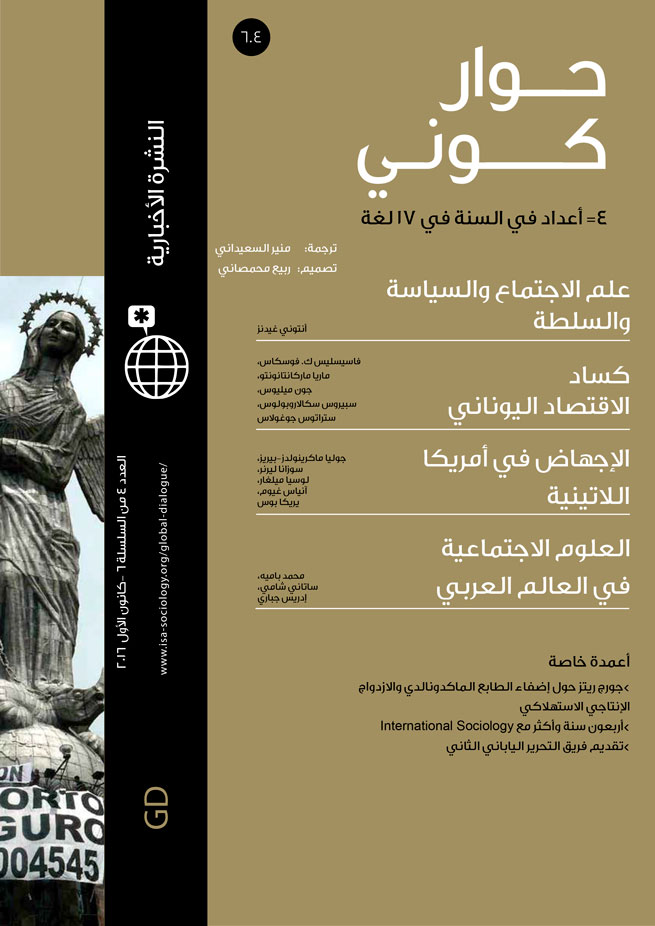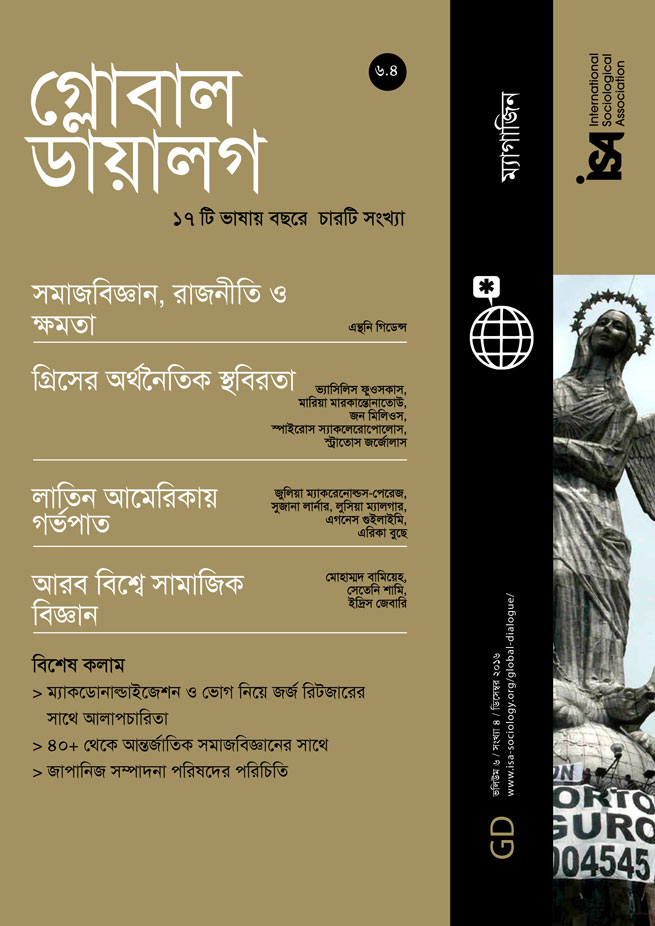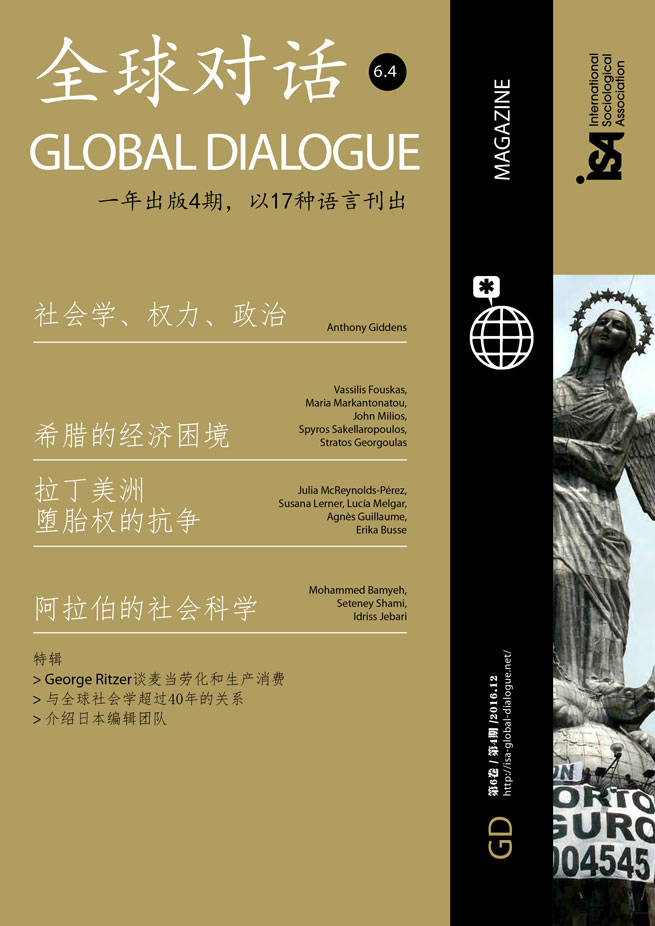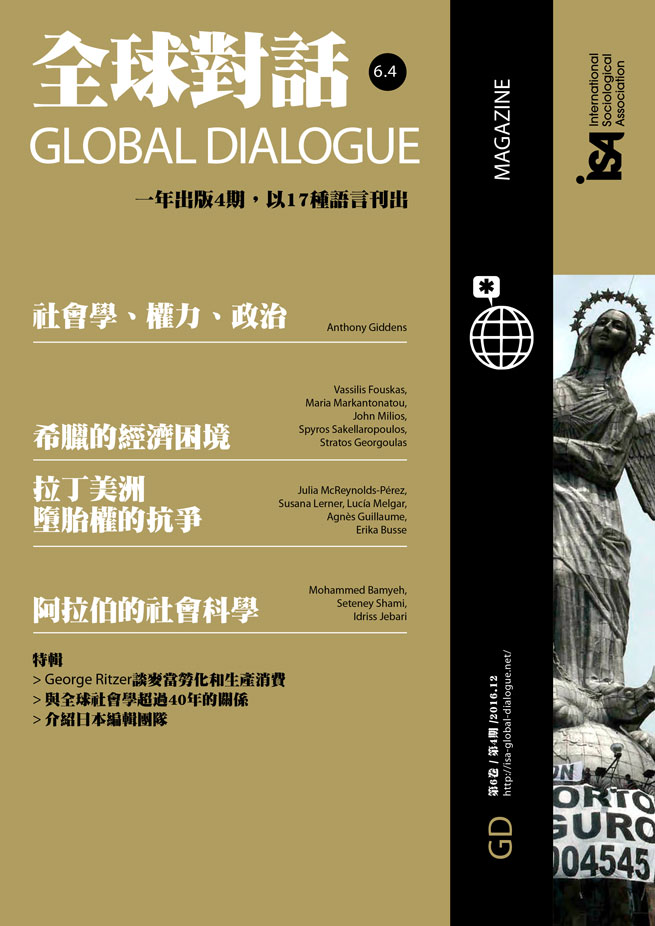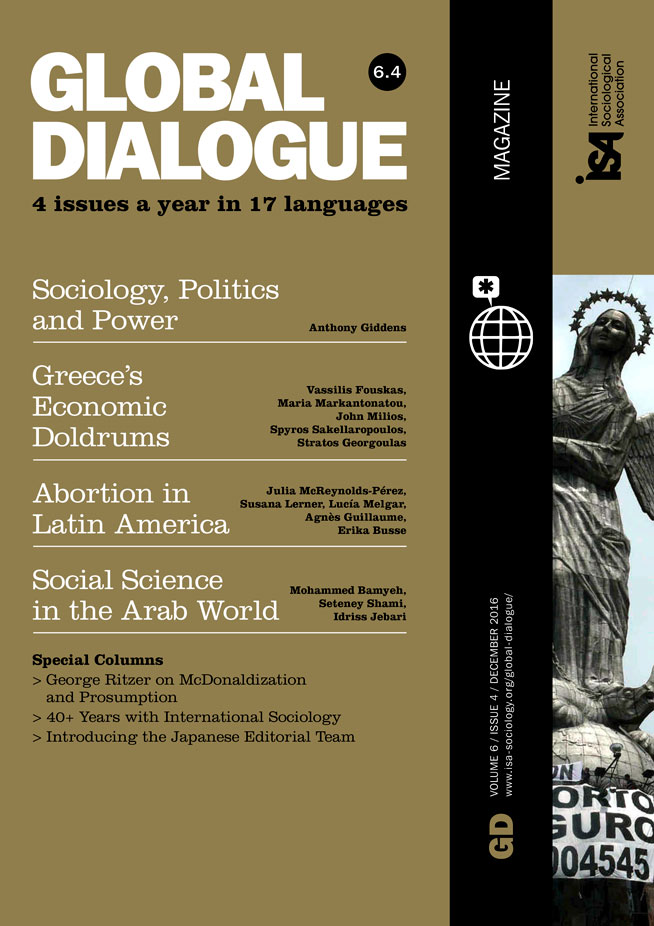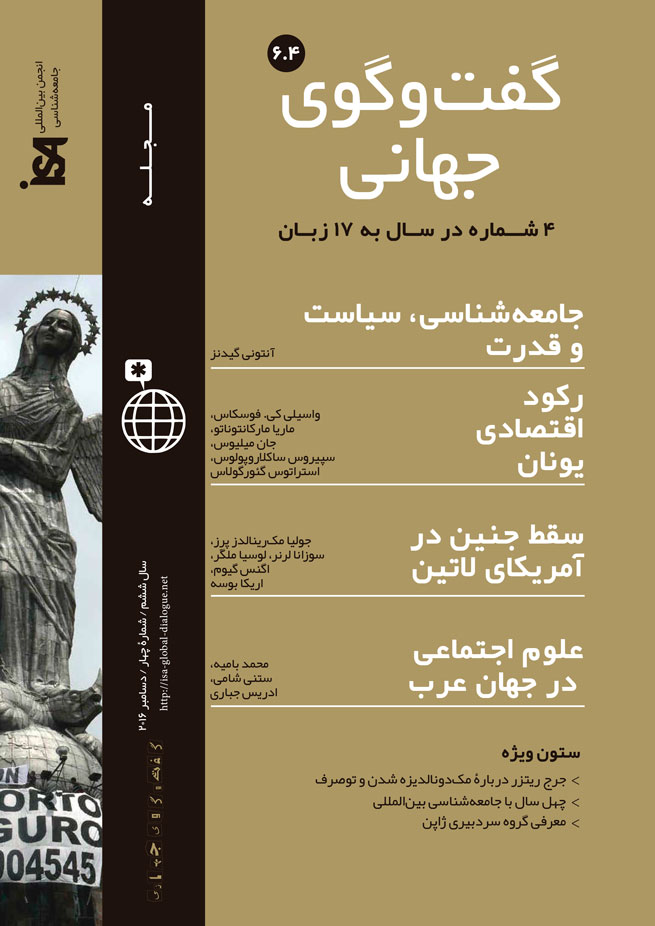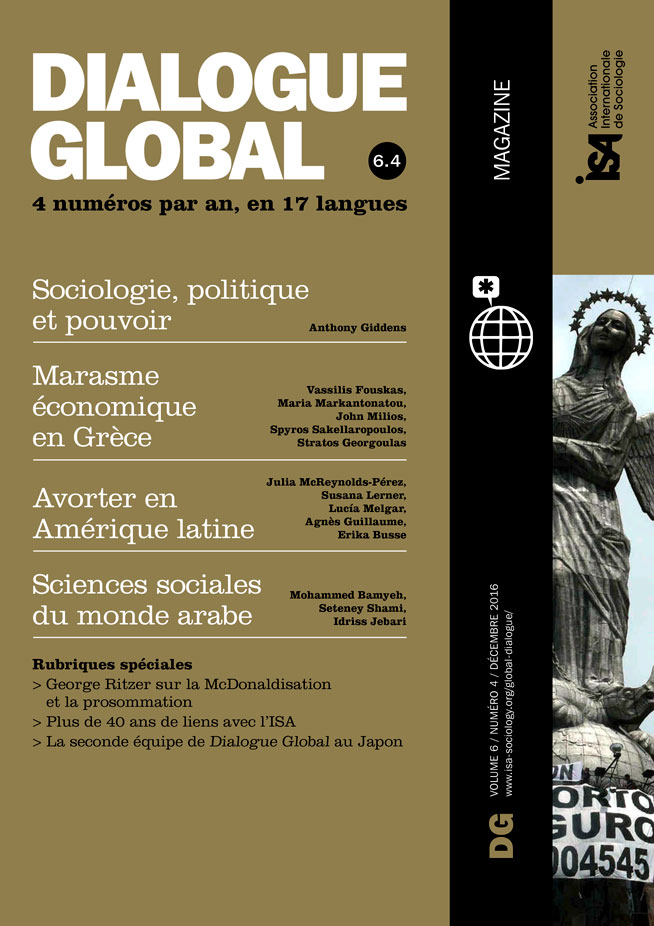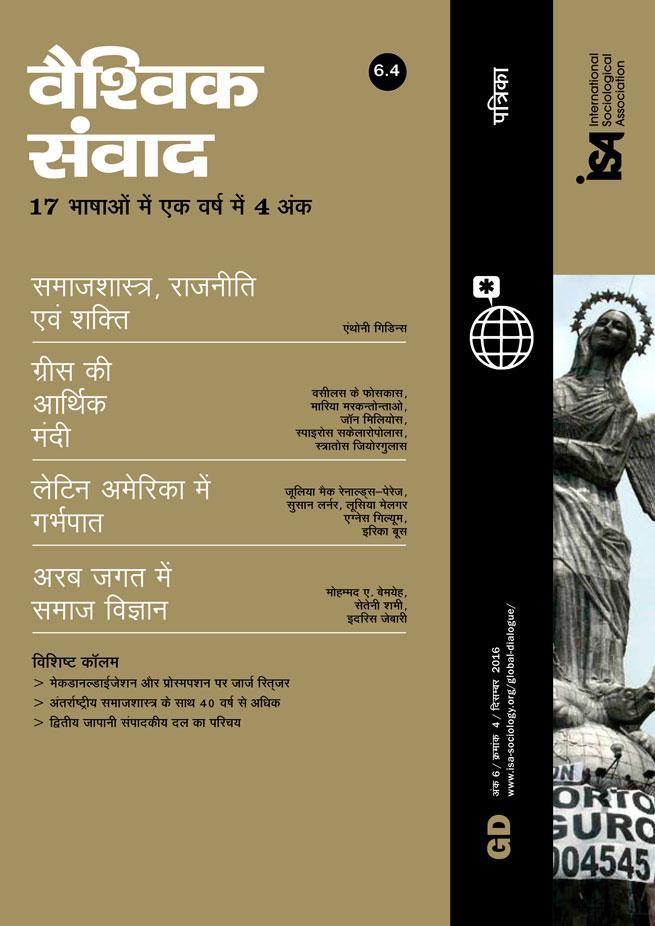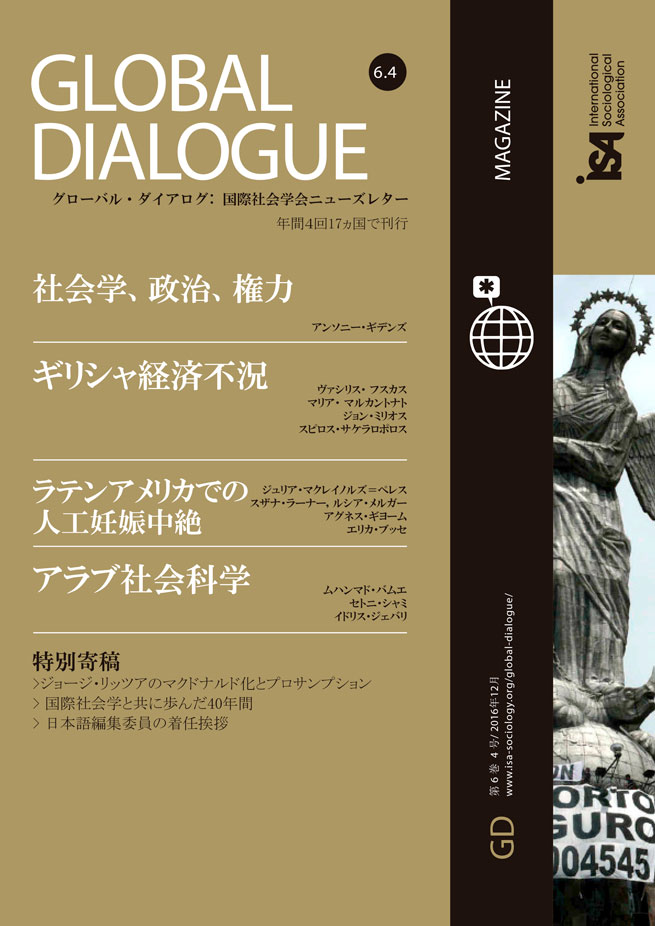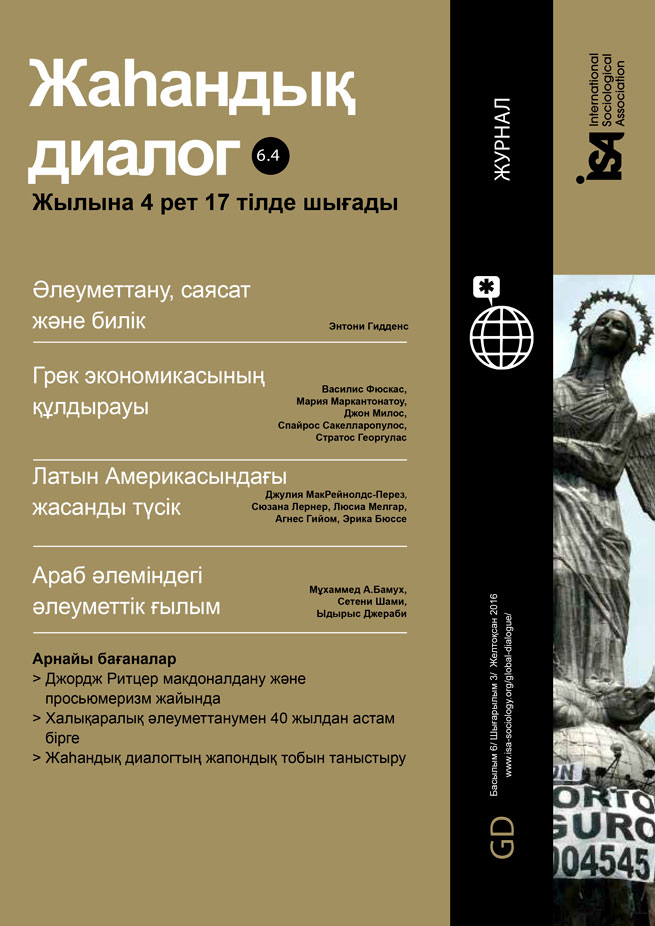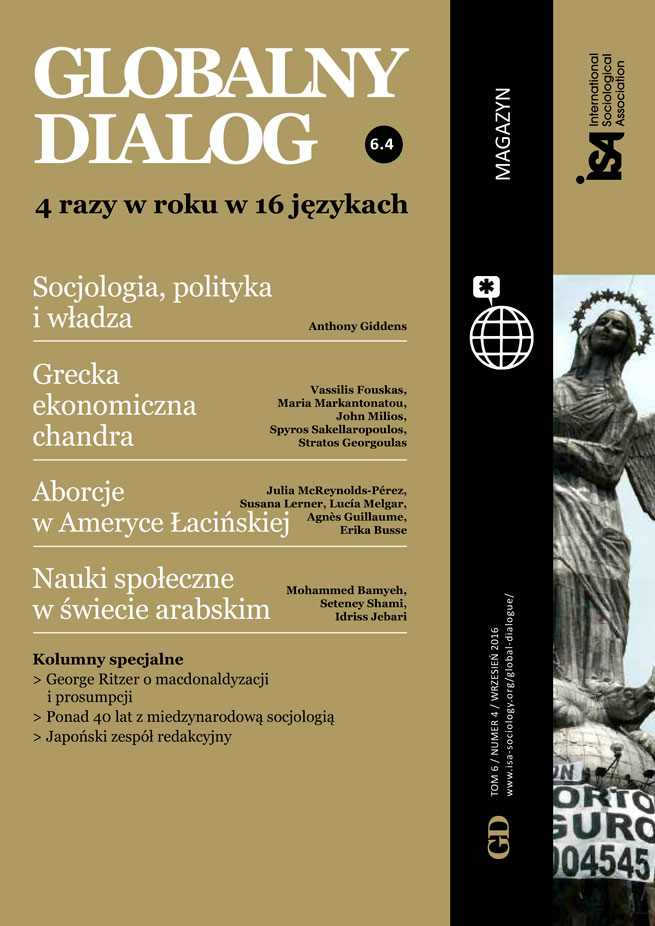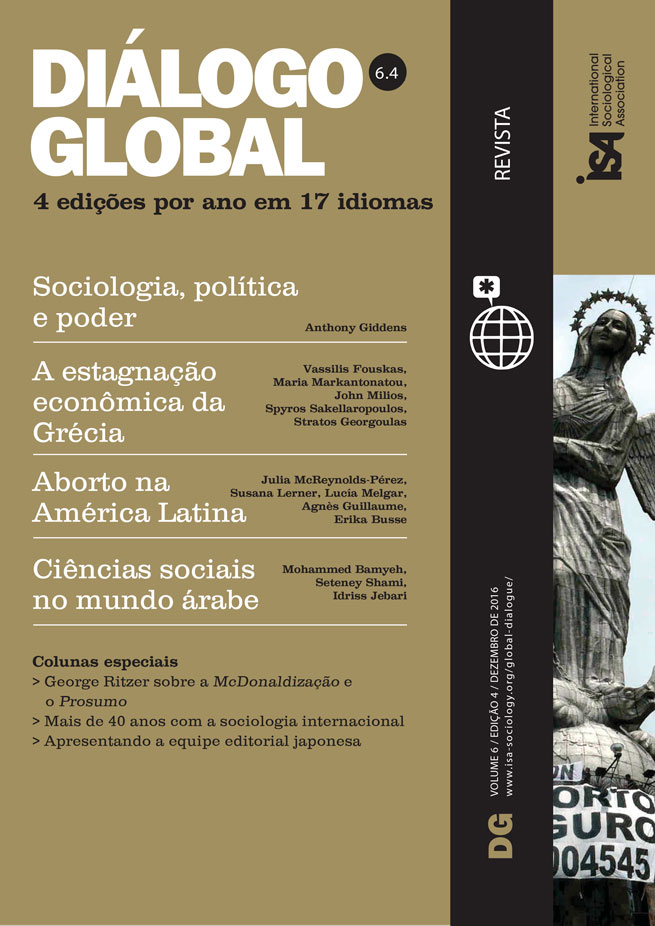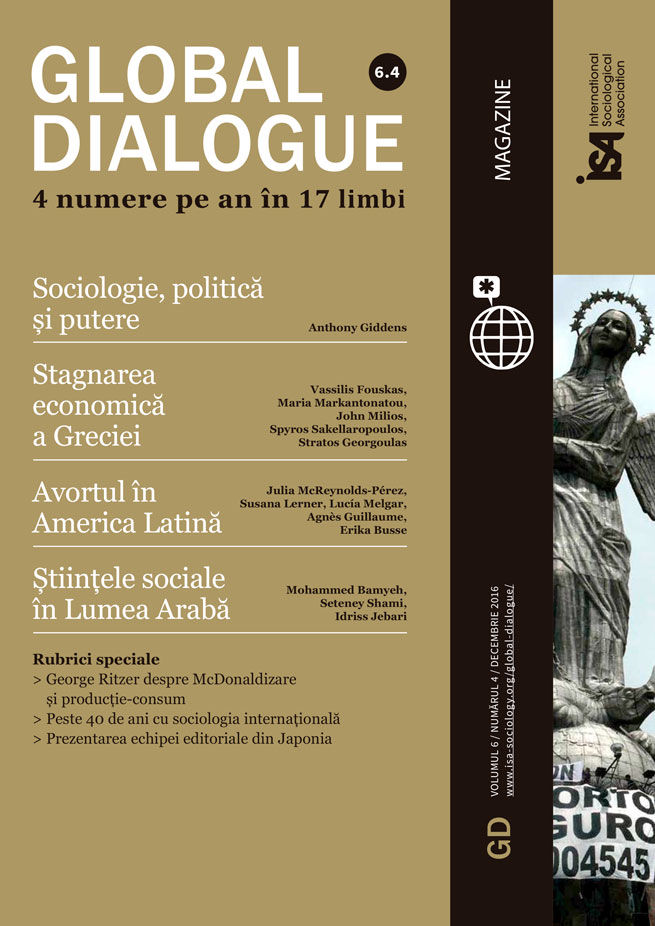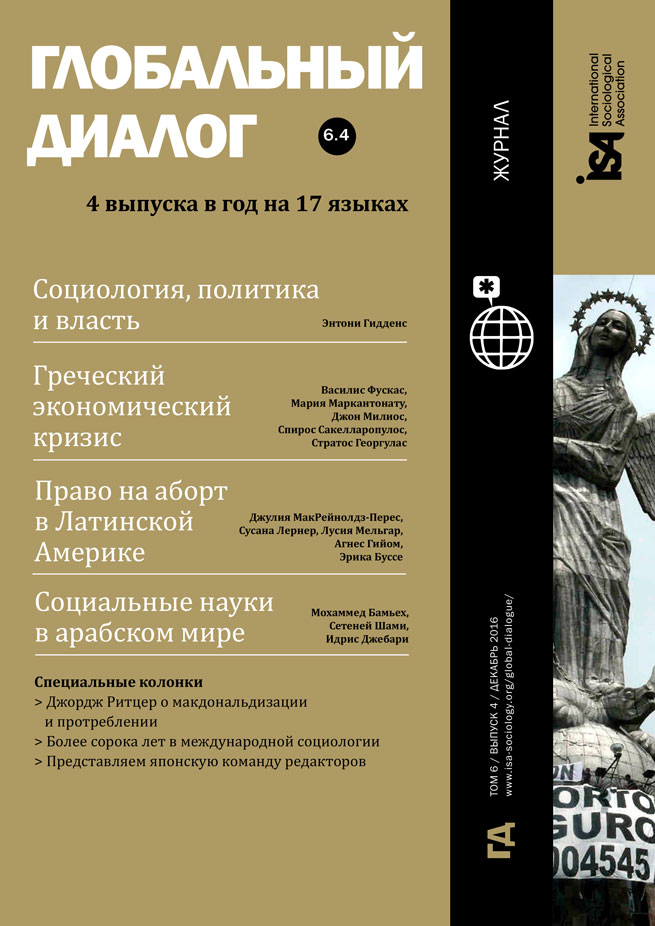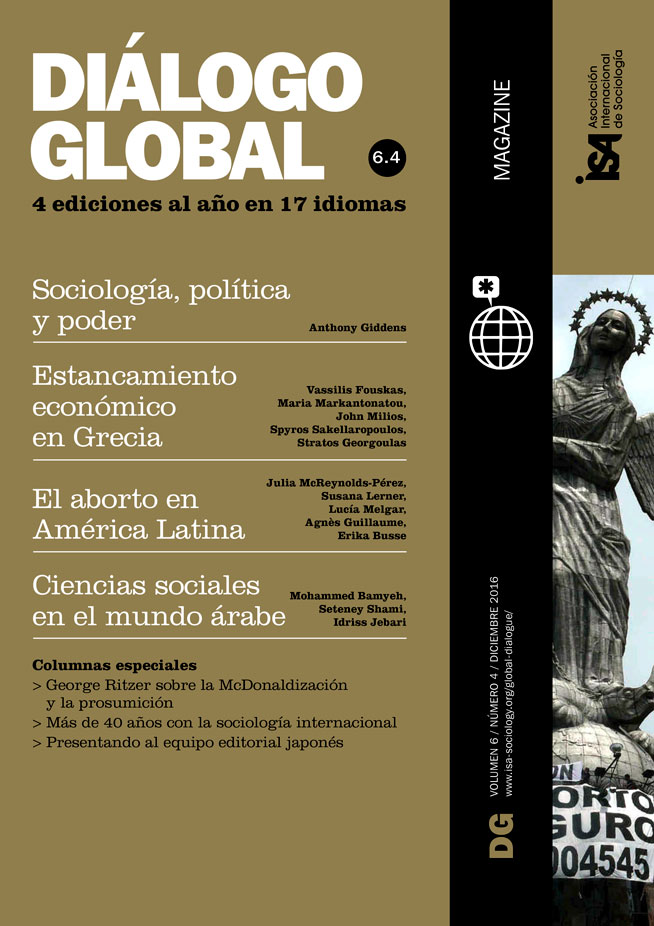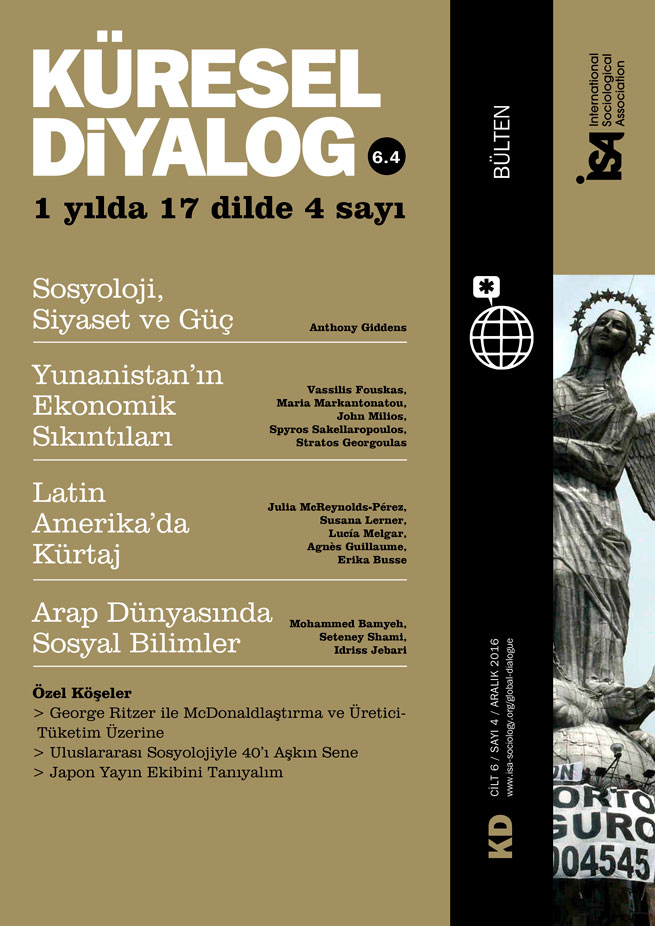Read more about Social Science in the Arab World
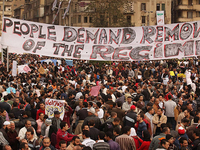
Arab Social Sciences – Before and Beyond the Spring
by Idriss Jebari
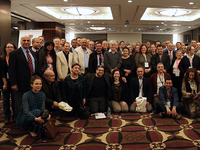
New Social Science Infrastructures in the Arab Region
by Seteney Shami
December 02, 2016
“New knowledge for new times” sums up the ambition of the recently-released report Social Sciences in the Arab World: Forms of Presence (http://www.theacss.org/uploads/English-ASSR-2016.pdf)[1]. Sponsored by the Arab Council for the Social Sciences (ACSS), the report has been two years in the making, with input from a team of researchers. Almost all data used in the Report are original, collected for the first time by the project’s team.
While the Report provides quantitative and qualitative data on the size and nature of social sciences in Arab universities, research centers, professional associations, and scholarly periodicals, it also looks extensively at public social science. It includes a study of how civil society organizations use social science in their work, as well as data on social science in the Arab public sphere – Arab newspapers, television programs, cultural periodicals, and popular magazines.
We documented an exponential growth in the number of institutions housing social sciences in the 22 countries of the Arab region, especially over the last two to three decades. Seventy percent of current universities in the Arab region have only come into existence since the early 1990s; the number of Arab scholarly periodicals increased fourfold since the early 1980s, while during the same period, the number of research centers increased at least six-fold. A silent knowledge revolution has taken shape across the Arab World over the last two or three decades, even though we still know little about that revolution’s actual content.
Interestingly, this expansion of institutions of knowledge seems to be independent of national wealth; we see it in rich and poor countries alike. More important than wealth seem to be factors such as freedom of research; a relatively strong civil society that promotes or benefits from social science research; a relatively large educated class in a country; the level of international interest in local developments in a country; and relatedly, the strength of the local knowledge community’s connections to global social sciences. The growth of civil society in the same period seems to be correlated with the growth of social science, and both may be part of a larger cluster of factors associated with the Arab uprisings, which began in late 2010 and continue to unfold.
Within Arab universities, the Report documents great imbalances. Economics stands at the forefront of social sciences in Arab universities, accounting for more than a quarter of all social science faculties. Anthropology, with only 2% of faculties, is barely noticeable, and other social sciences fall somewhere between these two extremes.
However, most Arab universities focus heavily on teaching, which means that they provide little time and few incentives for social scientists who hope to engage in research or civic activities. These latter roles tend therefore to be carried out by Arab research centers, which, because they are organized by theme rather than discipline, tend to promote interdisciplinary studies as well as civic engagement. Research centers, the vast majority of which were founded relatively recently, also show substantial scholarly productivity, currently publishing most of the Arab World’s scholarly periodicals. Lebanon, Palestine, and Jordan house a large number of research centers relative to their population size, and even Djibouti comes ahead of wealthier countries such as Qatar and Bahrain.
Interestingly, wealthy countries such as Kuwait and Saudi Arabia show no more than moderate levels of research productivity. This finding directly contradicts recent international ranking indices that seem, from our perspective, to do a poor job in accurately reporting on the Arab knowledge scene – in part because they privilege publishing in European languages and in specific outlets. These ranking practices seem also to be driven by a fetishizing of hierarchy, rather than by any real interest in the content of knowledge, its relevance or its use in the society where it is produced.
Almost half of the Report is devoted to social sciences in the public sphere. Analyses of civil society organizations, newspapers, popular magazines, television programs, and cultural periodicals show that social sciences are often conveyed in abridged formats, at varying rates, and in different forms. The Report found that all civil society organizations use and even produce social science, though in ways that are appropriate for their mission – a conclusion that suggests there is some association between the recent growth of Arab social sciences and the increased visibility of Arab civil society. Among other public sphere outlets, cultural periodicals seem open to social sciences research; about 20% of their pages are devoted to social science articles, although in ways that reflect the concerns of cultural communities rather than academic social sciences. Newspapers, popular magazines, and television programs devote less space or time to social sciences. But quantity is less important than quality as we can see from the exemplary forms of public social science to be found in the Palestinian newspaper Al-Quds or the Kuwaiti popular magazine Al-Arabi.
Comprehensive social transformation, whether in revolutionary or reformist fashion, has been a primary concern of Arab social scientists, especially in the last five years (January 2010-December 2014) . During that period, our content analysis showed the “Arab Spring” at the forefront of the interests of Arab social scientists, along with related themes such as “democracy,” “rights,” “despotism,” “participation,” “civil society,” and the like. The Report found that women’s issue were highly visible as a theme across all venues, often associated with discussions of rights, citizenship, and participation, rather than “traditional” issues like family or children. More specific avenues of social transformation, such as “youth,” “education,” or even “development”, received much less attention from researchers. Interestingly, some expected themes were virtually absent – most surprisingly “the Muslim World.” While this concept is treated in the West as a meaningful analytical category, Arab social scientists almost completely disregard it, presumably because they do not see “the Muslim World” as a cohesive analytic category – even though they do analyze “Islam” and religious politics from social science perspectives.
The Report concludes that Arab social sciences are increasingly establishing themselves as an important part of the contemporary Arab knowledge scene, despite the general sense that policy makers ignore their research. Future reports on Arab social sciences are now planned every two years, with the aim of monitoring their contribution to global social sciences as well as to the region’s future.
[1] Editor’s note: Mohammed Bamyeh is the author of the report being discussed here.
Mohammed A. Bamyeh, University of Pittsburgh, USA, Editor of International Sociology Reviews, and member of ISA Research Committees on Alienation Theory and Research (RC36) and Biography and Society (RC38) <mab205@pitt.edu>
This issue is not available yet in this language.
Request to be notified when the issue is available in your language.
If you prefer, you can access previous issues available in your language:
